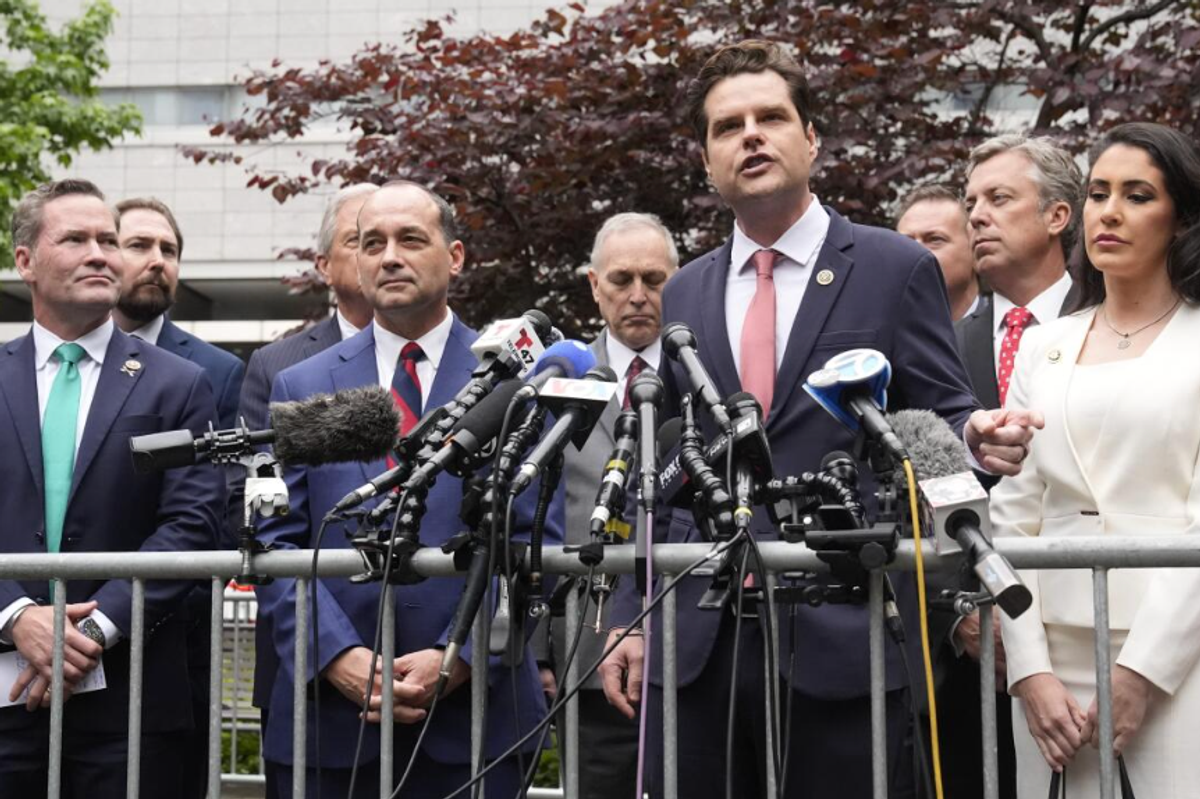
By Guy Faulconbridge
TEHRAN (Reuters) — International sanctions on Iran could start to be lifted as early as spring next year, Britain’s foreign minister said on Monday, as Tehran and the West rebuild their ties and potentially open up billions of dollars of trade deals.
Six world powers agreed in July to lift sanctions in return for Iran accepting long-term curbs on a nuclear program that the West suspected was aimed at creating a nuclear bomb. Tehran has always denied seeking nuclear arms.
British Foreign Secretary Philip Hammond told Reuters he expected Iran and the United States could endorse the deal by October. Combined with Iran meeting its commitments in the deal, that could see the start of trade restrictions being lifted.
“We could be talking as early as next spring to start to see sanctions lifting off,” Hammond said in an interview, referring to the March to May period.
A range of restrictions on Iran have been imposed over several decades, dating back to 1979 when Iranian students stormed the U.S. Embassy in Tehran. Oil-related sanctions were imposed by the United States and the European Union in 2012.
Hammond was speaking a day after he had raised the British flag at a reopening ceremony in the garden of Britain’s opulent 19th century embassy in Tehran – a building which still bears the scars of a 2011 ransacking by protesters which put a deep freeze on diplomatic relations.
Eyeing deals between British firms and Iran, particularly in the oil and financial sectors, Hammond said preparatory work should be done ahead of lifting sanctions so investment can start to flow as soon as the measures are removed.
“There is very clear pitch here not to wait until then,” he said. “There are things that can’t be done. Investments can’t be made, items can’t be imported or exported or whatever. But the business negotiation can start to take place well ahead of that.”
Hammond has previously estimated that $150 billion of Iranian assets frozen outside the country would be released by the nuclear deal. That has prompted a flurry of European visits including from German and French ministers.
A delegation of senior business leaders flew with Hammond from Britain to Iran, including representatives from Royal Dutch Shell, energy and mining services company Amec Foster Wheeler and Scottish industrial engineering firm Weir Group.
FUNDAMENTAL DIFFERENCES
Underscoring the tentative nature of the rapprochement, Hammond said Britain still had fundamental differences with Iran over the long-running conflict in Syria, where Tehran gives support to Syrian President Bashar al-Assad.
“The thing we disagree on is the role of one single person, Bashar al-Assad, in this process,” he said.
“The Iranians take the view that for better or for worse without Assad there cannot be a political process – he is the glue that holds much of Syria together.
“We take a different view: That a man with so much blood on his hands cannot be part of the future of this country.”
However, Hammond stressed that any form of dialogue between the West and Iran over Syria should be taken as a positive.
He said Russia’s greater involvement in international talks signaled “a new phase” in discussions over its Syrian ally and that there was now an opportunity for Iran to seize upon this.
“If we are going to get to a political solution we have to have the Iranians and the Russians engaged in that process too.”
Hammond said Iranian President Hassan Rouhani, with whom he held talks, had sent strong signals that he wanted dialogue and Iran wanted to turn a page in its relations with the West.
He also said that during the trip to Tehran, the first by a British Foreign Secretary since 2003, he detected a willingness to move on from “some very difficult history.”
Britain has been cast for decades by opponents inside Iran as a perfidious “Old Fox” or “Little Satan” who does the bidding of “Big Satan,” the United States.
“I sense we are seen now more as part of Europe – a European country with whom Iran will be engaging alongside France, Germany, Italy and others – and less of the imperial Britain of the past with its legacy of involvement in Iran and the region,” Hammond said.
(Reporting by Guy Faulconbridge; writing by William James in London; Editing by Giles Elgood)
Britain’s Foreign Secretary Philip Hammond (L) shakes hands with Iran’s Foreign Minister Mohammad Javad Zarif before a meeting at the Ministry of Foreign Affairs in Tehran, Iran August 23, 2015. REUTERS/Darren Staples


